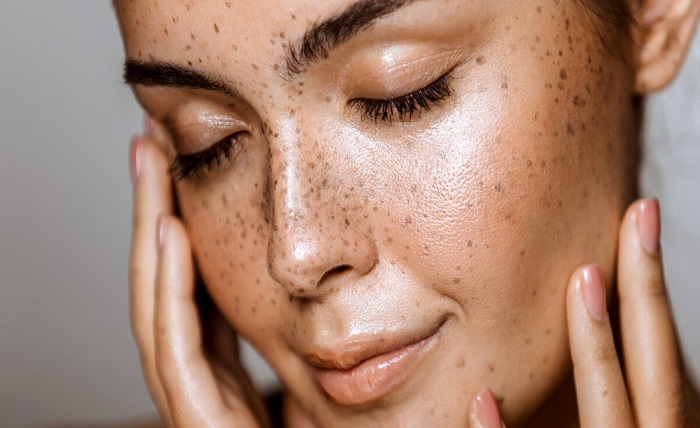
Many people know that their face needs proper care. It is often not enough to just splash some water on it and call it good. Depending on your skin type, you may need to use more than water alone to keep it healthy and clear. Here are some steps to take to keep your skin in tip-top shape.
Moisturizing
Moisturizing skin care is important for maintaining a skin’s moisture barrier, which is critical for healthy skin. You must choose the right moisturizing skin care products for your needs. They should be effective in addressing your specific skin concerns. Moisturizing skin care products can also help protect against environmental factors.
Moisturizing products work by infusing the skin with water, allowing it to absorb more moisture. This enables the skin to build a natural barrier to prevent water loss and keep the skin feeling soft. A good moisturizer also fights dehydration, which can be a common cause of dry skin.
Exfoliants
There are several types of exfoliants, including chemical and physical. Chemicals work by unclogging the pores. Physical exfoliators remove the top layer of dead skin. Then, a moisturizer or anti-aging cream can be applied. Physical exfoliators should be applied a few times per week to keep the skin looking young.
When selecting exfoliants, consider your skin type and use them accordingly. If your skin is already dry or sensitive, avoid harsh chemical exfoliants. Exfoliating too often can make the skin dry or irritated. In addition, using chemical exfoliants can increase your risk of acne breakouts and skin dryness.
Retinoids
Retinoids for skin care should be used moderately. A face cream containing retinol or retinoic acid should be applied once a day, 20 to 30 minutes after washing the face. The cream should be gently spread on the skin until it is absorbed. Because retinoids can cause redness, peeling, and even skin inflammation, it is important to use retinoids in moderation. They should not be used in excess, as they can have adverse side effects.
Retinoids for skin care are a type of vitamin A. It is a powerful antioxidant and helps reduce signs of aging. It is also used as a star ingredient in many skin care products. Retinol, retinoic acid, adapalene, and tretinoin are some of the different retinoids. Each has different properties and uses.
Vitamin C
Vitamin C has many benefits for your skin, and its antioxidant properties can help minimize fine lines and wrinkles. It can also improve elasticity and plumpness. Vitamin C has also been known to help with acne and sun damage. It can also help fade dark spots and reduce under-eye circles. It slows down the production of melanin, which contributes to acne and skin discoloration.
Vitamin C is absorbed through the digestive system at a rate of 70 to 90%. However, the utilization rate decreases dramatically once the daily intake of the vitamin is increased to more than 1 gram. It is also absorbed through the skin in small amounts. Vitamin C can penetrate the skin’s upper and lower layers. It absorbs best in skin solutions with a concentration of 20 percent or higher. Therefore, it may be better to apply vitamin C directly to the skin.
Vitamin E
Vitamin E is a powerful antioxidant, which helps protect skin cells from the harmful effects of free radicals. Its natural alcohol form is the best form for skin care, while its acetate form is less effective. Another advantage of vitamin E for healthy skin is its ability to regulate vitamin levels in the body.
When used as a topical skin care treatment, vitamin E can reduce the signs of aging, including sun damage and skin cancer. Its anti-inflammatory properties can also help combat pigmentation and inflammation, which contribute to the appearance of fine lines and wrinkles. Vitamin E can also help treat chronic inflammatory skin conditions.
Antioxidants
Antioxidants are an excellent way to boost the effectiveness of your skincare formula. They help to promote cell regeneration and enhance the quality of the skin. However, you must ensure that the product you choose contains sufficient concentrations of these antioxidants. Unfortunately, many brands rely on the buzzword “antioxidant” to attract consumers but do not include sufficient concentrations in their formulas. You should always read the label before purchasing a product to make sure it contains enough antioxidants.
Antioxidants for skin care also protect against UV damage and can reverse signs of aging. Vitamin C and E are important antioxidants that can help protect the skin from discoloration and wrinkles. They also speed up the skin’s repair systems, preventing further damage.
Read more about: forexfactoryhub





